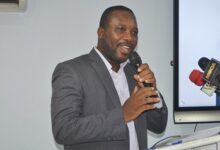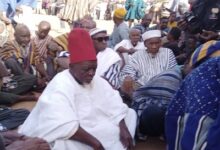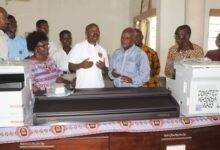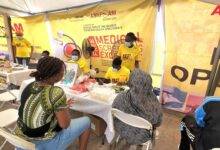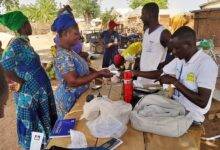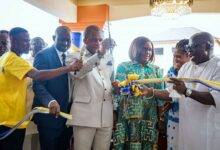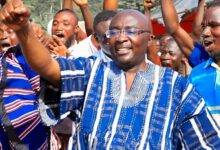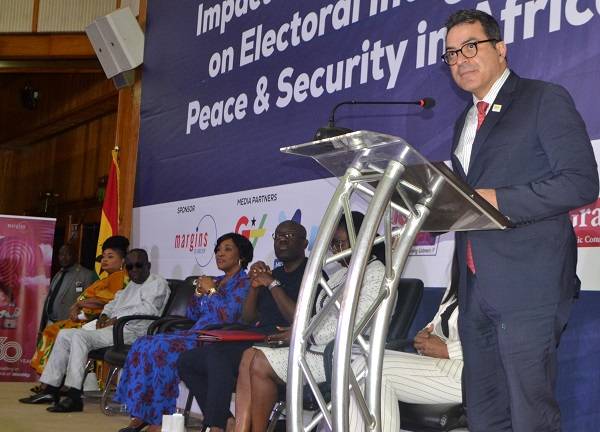
Ghana has been urged to intensify collaborations between Civil Society Organisations (CSOs) and civic institutions to promote democratic literacy among the citizenry to help address electoral challenges tied to disinformation.
Dr Kevin Casas Zamora, Secretary-General, International Institute for Democracy and Electoral Assistance (IDEA), who gave the advice, said this would enable all groups play their role in mitigating the impact of disinformation on national elections.
He was speaking in Accra yesterday, during a seminar on the impact of Disinformation on Electoral Integrity, Peace and Security in Africa.
Organised by the Ministry of Information (MoI) in partnership with the Ministry of Foreign Affairs and Regional Integration and IDEA, the event was aimed at raising awareness on the effect of disinformation on Ghana’s democratic path.
Dr Zamora stated that in the face of growing disinformation, there was the need for all stakeholders including the media and social media companies to take up active roles to drive down the spread of disinformation in the country.
Disinformation, he explained, was a canker that could easily destabilise the country’s democracy, hence the need for new approaches and initiatives that takes advantage of technology to fight it.
He noted that, such approaches and initiatives would involve the media, CSOs and electoral bodies developing local solutions that deal with the threats of disinformation.
“We need our CSOs as a critical component in the fight against disinformation. We must adapt approaches that helps in using technology to fight disinformation,” Dr Zamora stated.
He said IDEA, with a membership base of 60 countries, was focused on working with countries on advancing democracy and developing initiatives to support electoral bodies in building systems that deflect disinformation.
On his part, the Minister of Information, Kojo Oppong Nkrumah, said the ministry was determined to work alongside other ministries and beyond to comprehend the impact of false information on elections and find practical and effective solutions.
He noted that, recent incidents in the United States of America (USA), had showed that disinformation would not only influence public opinion, but could also lead to potentially dangerous actions by individuals who believe in and act upon the falsehoods.
He said collaboration was key in tackling the influence of political party propaganda, ensure that the media maintains the accuracy of information in the digital age, and support the government in surmounting its regulatory hurdles.
Mr Nkrumah urged the media, political actors, citizens and external parties to towards combatting disinformation.
Minister of National Security, Albert Kan Dapaah, noted that part of the reason for the rise in military rule lately was underpinned by misinformation.
He said disinformation was a security threat to the peace and security as well as democracy in the West Africa sub-region
“Disinformation is the most potent weapon being employed to destabilise West Africa. It has focused on amplifying challenges in young democratic jurisdictions such as corruption, poor governance to create disaffection for democratic rule,” he added.
He therefore advocated combined efforts in addressing the disinformation challenge, which “has been used in propagating false narratives to erode confidence in democratic institutions and undermine systemic growth.
In response to the threats, Jean Mensa, Chairperson of the Electoral Commission, said the commission released timely facts and updates on their social media handle as a way of tackling disinformation.
This, she noted was to ensure that the commission takes advantage of social media to sensitise the public and avoid the situation where the platform could be used to destabilise electoral integrity and stability of the country
BY CLAUDE NYARKO ADAMS & NII AYITEY BROWN

